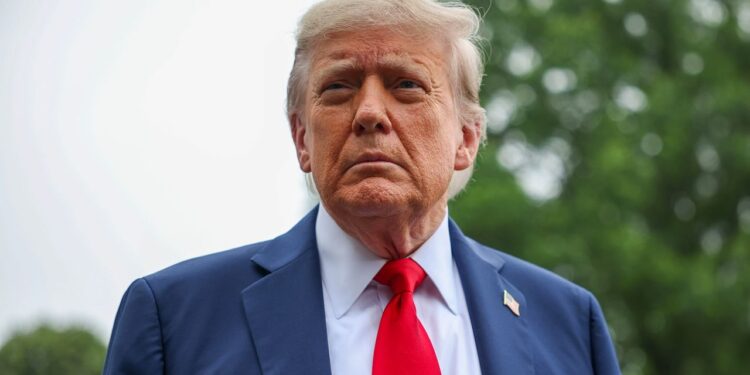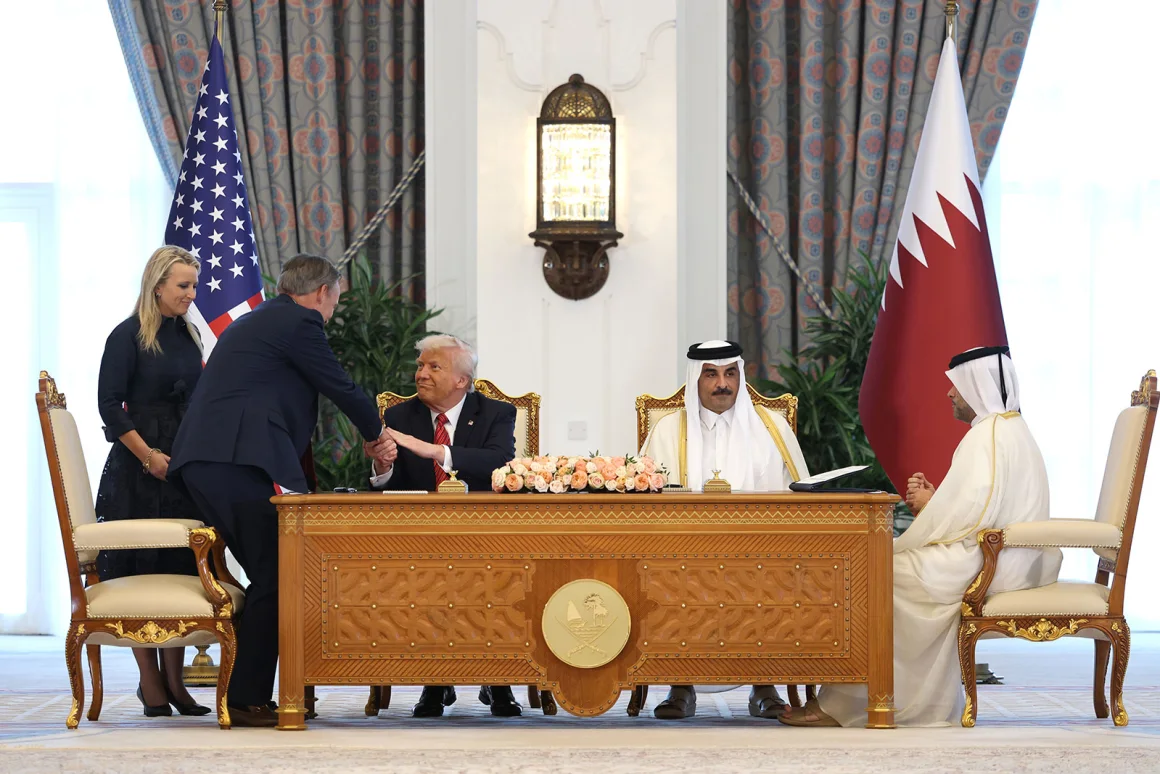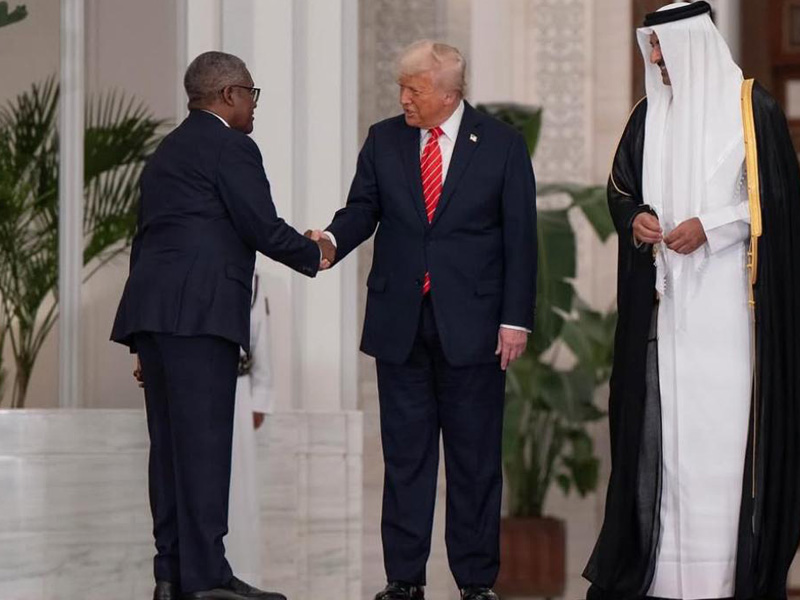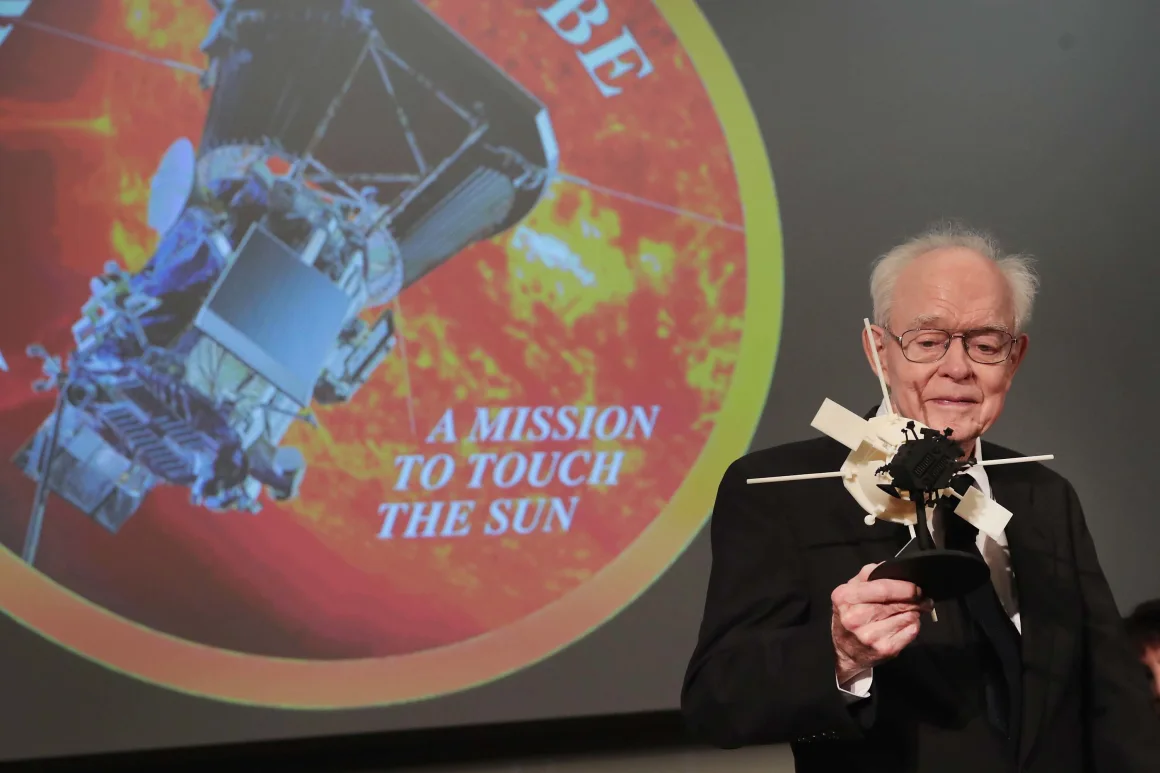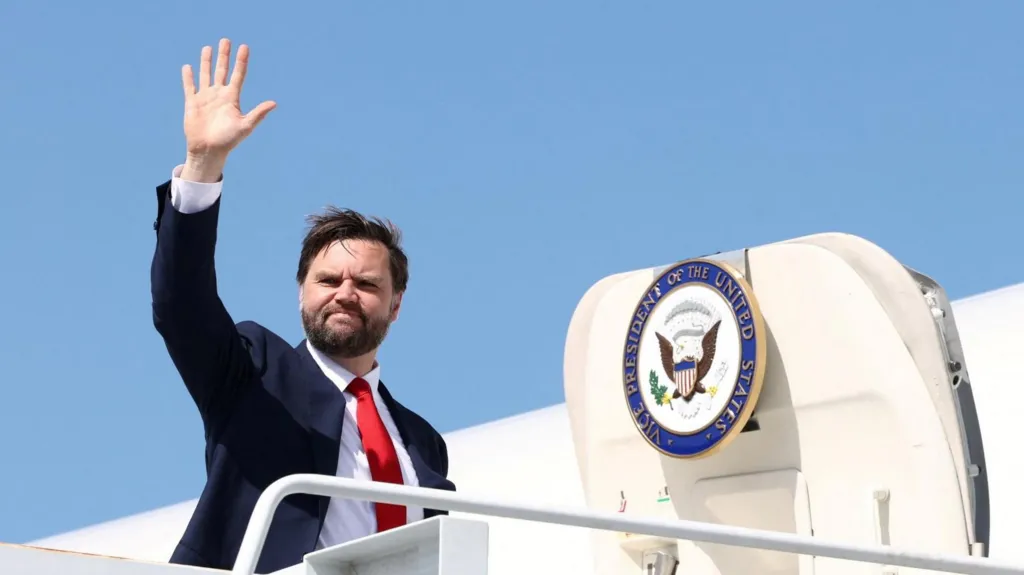US President Donald Trump announced what he described as a “complete and total” ceasefire between Israel and Iran on Monday.
But that truce appeared in jeopardy hours later. Israel on Tuesday morning accused Iran of breaking the agreement and said it would “respond with force.” However, a senior security official in Iran told CNN that after midnight ET “no missiles have been fired at the enemy so far.”
Here’s what you need to know.
- Trump declares a sudden ceasefire: “I would like to congratulate both Countries, Israel and Iran, on having the Stamina, Courage, and Intelligence to end, what should be called, “THE 12 DAY WAR,” he wrote on social media, revealing a truce that appeared unlikely just hours earlier. Iran and then Israel said they had agreed to the ceasefire, which Trump said would go into effect early on Tuesday morning. “I think the ceasefire is unlimited. It’s going to go forever,” Trump told NBC News.
- Israel accuses Iran of breaking the deal: But Tuesday morning, Israeli Defense Minister Israel Katz said that his country “will respond with force” after Iran’s “utter violation” of the ceasefire. The Israeli military intercepted two missiles launched from Iran at Israel, an Israel Defense Forces official told CNN.
- Iran denies the claims: Iranian state-affiliated media outlets denied that Iran fired missiles at Israel. A senior security official in Iran added that after 7:30 a.m. local time, “no missiles have been fired at the enemy so far.” The official told CNN: “If Israel makes a mistake, all occupied territories will be attacked, just like an hour before the war stopped.”
- The world watches: Trump’s announcement of a halt in fighting was met with relief and cautious optimism. Qatar helped to get Iran on board, a source familiar with the matter said, and leaders in the region praised the deal. China meanwhile said it “hopes” the truce would be implemented soon. But ceasefires in the region are notoriously fragile, and a possible breakdown in the deal left nations on edge.
- Deal follows Iran’s attack: Any ceasefire, even a fragile one, appeared a distant prospect just 24 hours ago, when the US was primed for an Iranian retaliation after Trump ordered strikes on three nuclear facilities in the country. But Iran’s move was muted: Qatar intercepted all Iranian missiles that targeted the US-run Al Udeid Air Base on Monday except for one, which fell in an area that caused no casualties. Trump on Monday thanked Iran for “early notice” of the attack, which seemed to be a face-saving move. Diplomatic sources told CNN they were hopeful that Iran’s retaliatory strikes would serve as an off-ramp
- Will Gaza be next? Yair Lapid, Israel’s opposition leader, said after Trump announced a ceasefire that “this was now the moment to close that front” in Gaza. “To bring the hostages home, to end the war. Israel needs to start rebuilding,” he said. More than 55,000 people have been killed in Israel’s war against Hamas in the enclave, and dozens of Israeli hostages remain captured. “Those who can achieve a ceasefire with Iran can also end the war in Gaza,” the Hostages and Missing Families Forum added in a statement Tuesday.
A senior security official in Iran has told CNN that after 7:30 a.m. local time (12:00 a.m. ET), “no missiles have been fired at the enemy so far.”
In his initial announcement about the Iran-Israel ceasefire, US President Donald Trump said the truce would begin around six hours from his first social media message announcing the breakthrough, which placed the timing close to 12:00 a.m. ET.
“If Israel makes a mistake, all occupied territories will be attacked, just like an hour before the war stopped,” the Iranian official said.
From CNN



